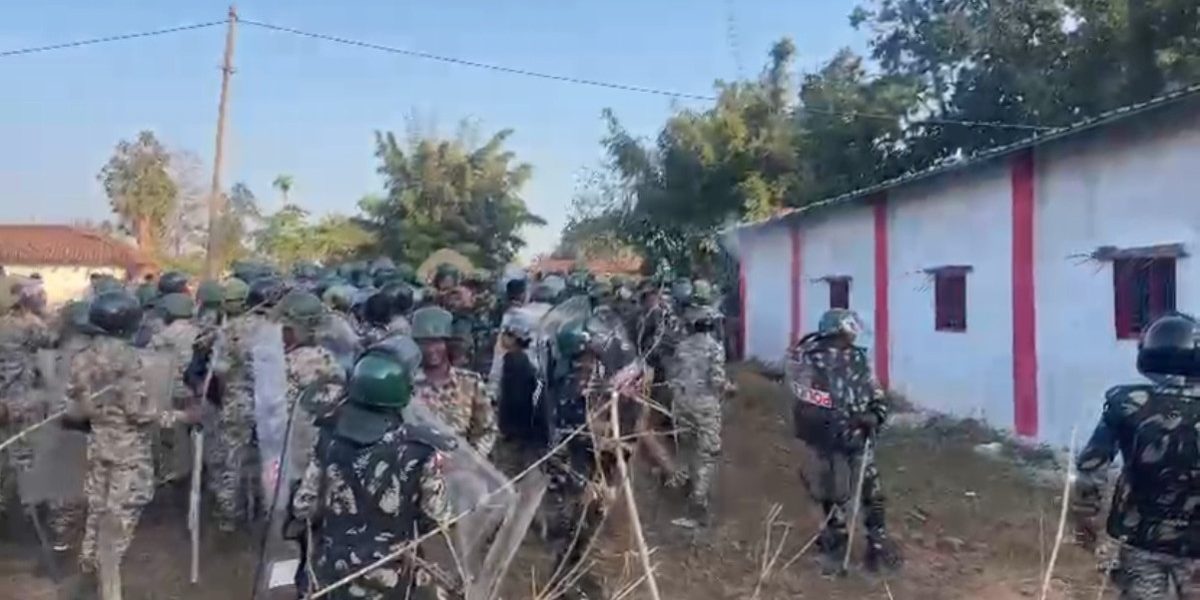
A prestigious Indian university is offering a certificate course to teach doctors how to treat people who claim to see or be possessed by ghosts.
The six-month course at Banaras Hindu University (BHU) in the northern city of Varanasi will start in January. Officials say it will focus on psychosomatic disorders which are often confused with paranormal occurrences.
The course will be conducted by the faculty of Ayurveda, the ancient Hindu system of medicine and healing.
A BHU official told news agency IANS that a separate unit of Bhoot Vidya (Ghost Studies) had been set up in the university.
“Bhoot Vidya mainly deals with psychosomatic disorders, diseases caused by unknown reasons and diseases of mind or psychic conditions,” Yamini Bhushan Tripathi, the Ayurveda faculty dean, said.
She added that the university was the first in the country to offer such a course which would teach doctors about “the Ayurvedic remedies to treat ghost-related ailments”.
Ayurvedic therapies generally include herbal medicines, diet changes, massages, breathing and other forms of exercise.
According to a 2016 study by the National Institute of Mental Health and Neuroscience (Nimhans), nearly 14$ of Indians are mentally ill. And in 2017, the WHO estimated that 20% of Indians might suffer from depression at some point in their lives.
But there are less than 4,000 mental health professionals in the country of 1.3 billion people and there is little awareness about these issues.
Also, because of widespread social stigma, few seek for professional help or care and many Indians, especially in rural and poorer areas, visit shamans and witch-doctors in the hope that they will help cure their mental illnesses.
The news that the government-run BHU will be starting a course in Bhoot Vidya has been questioned on social media by some who pointed out that medicine and rehab were more appropriate methods to deal with mental health issues. Some wondered if the course could have been better named. But most ridiculed the announcement and some even used it to question Indian government’s priorities.
This story first appeared on BBC.com on December 26, 2019 here.





